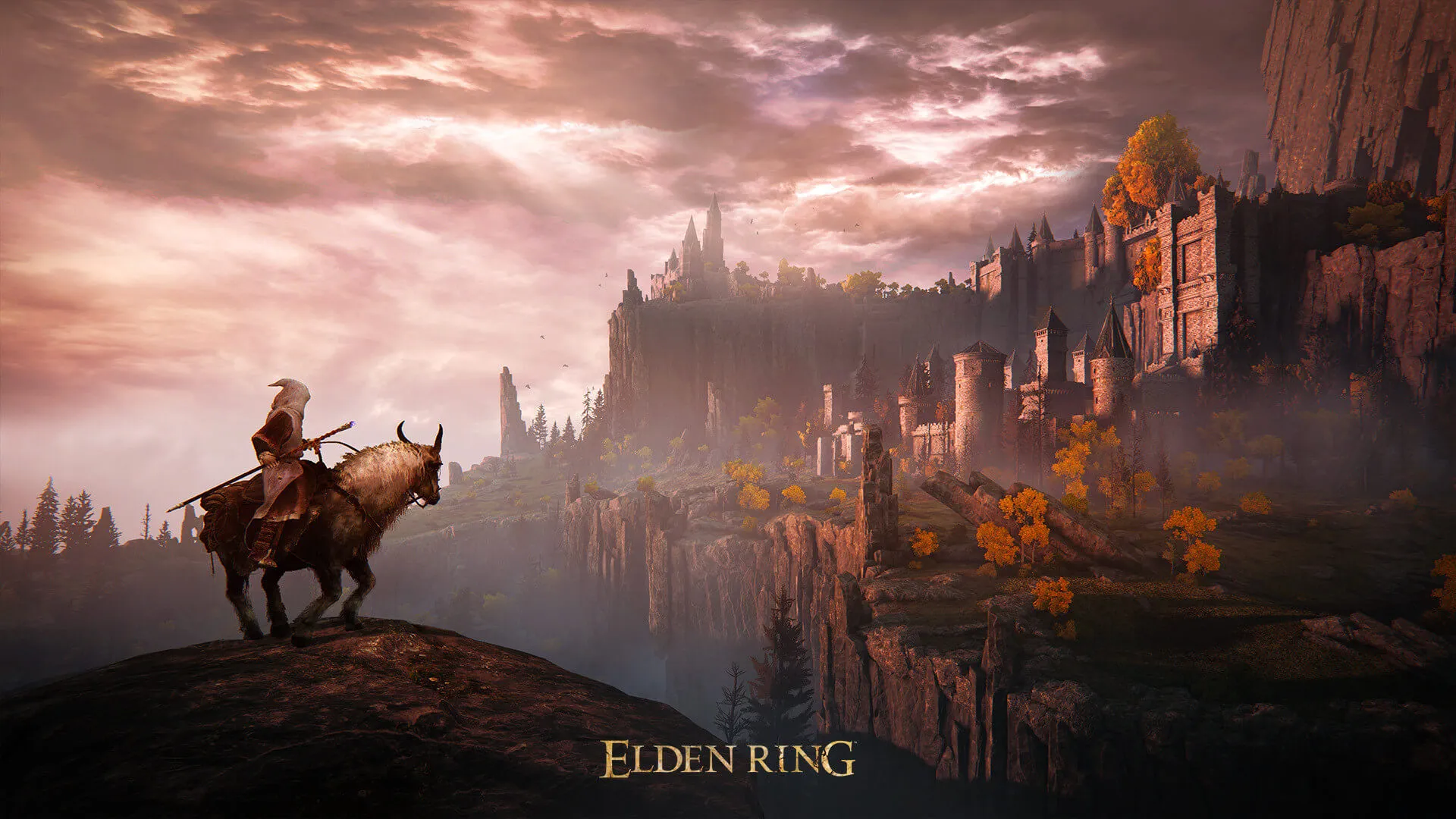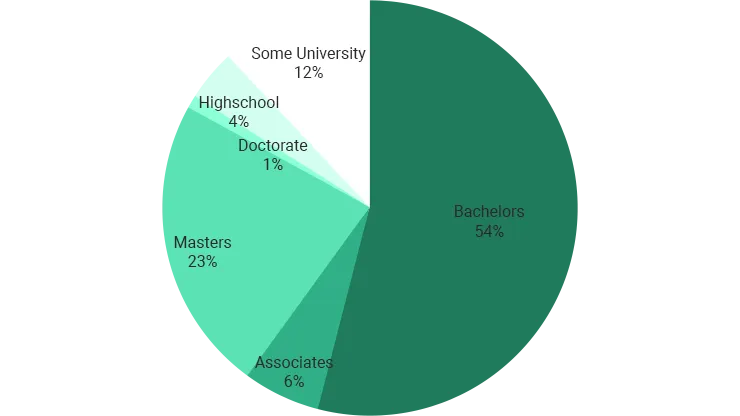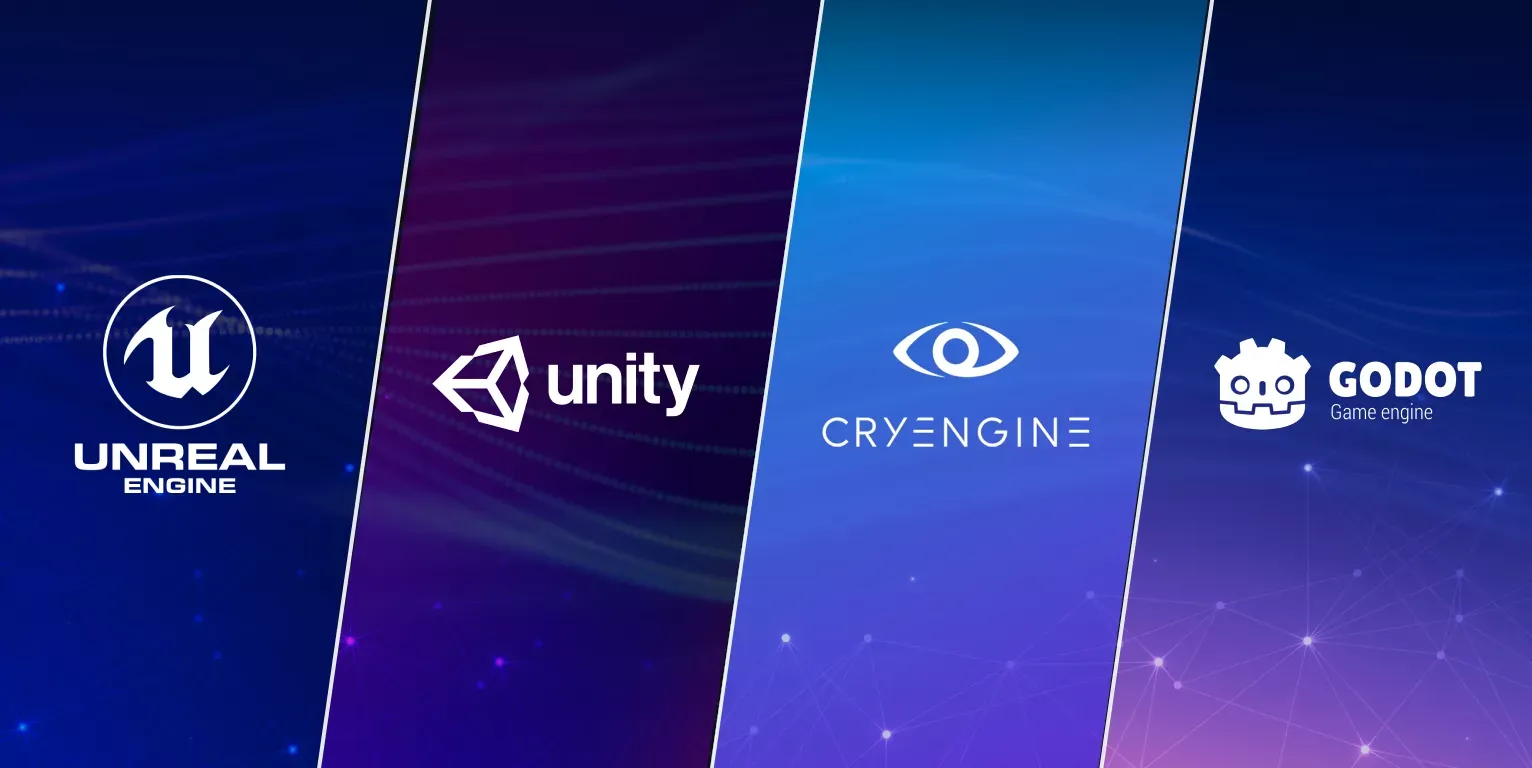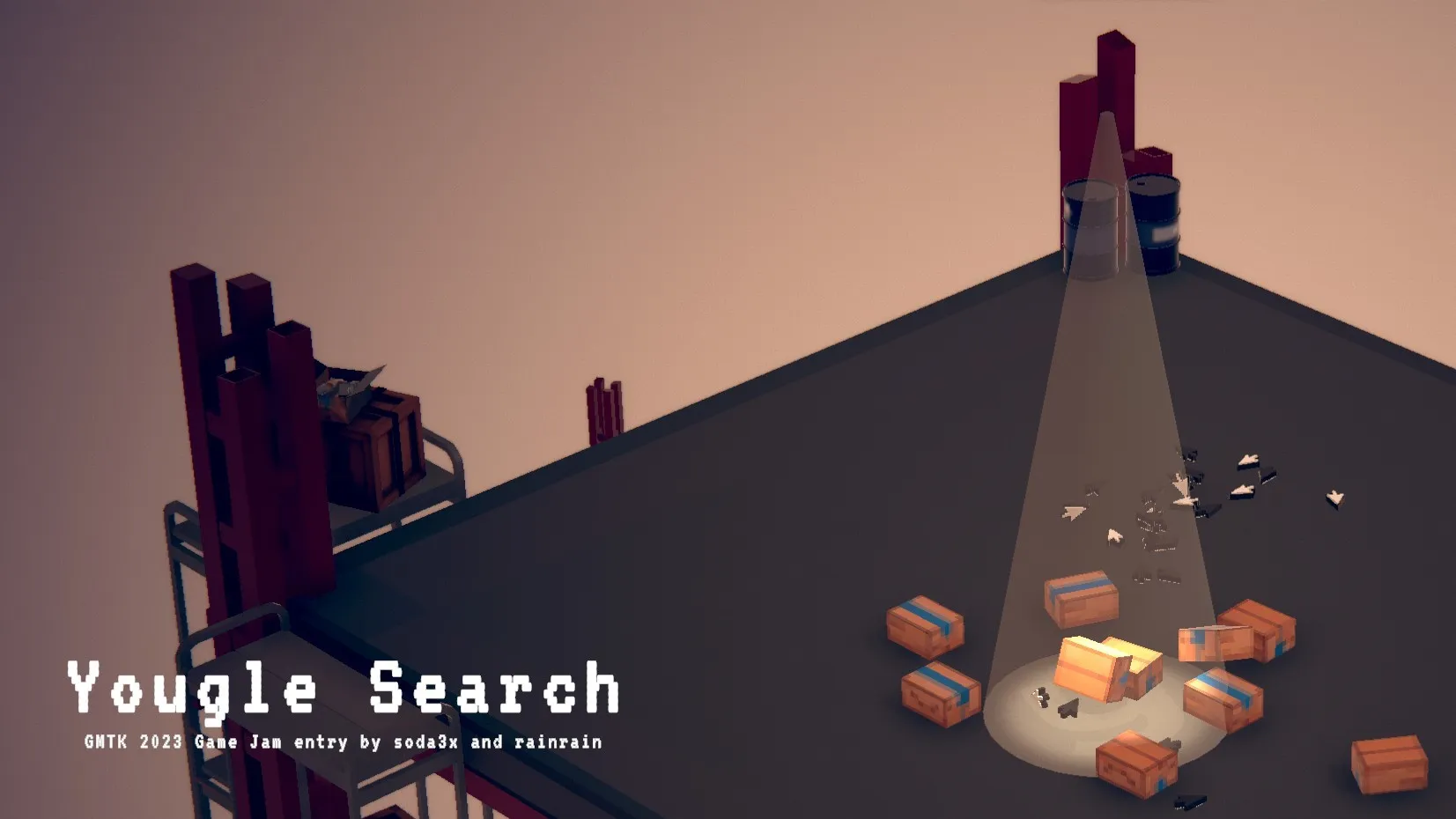
How To Become A Game Designer
Embarking on the challenge of becoming a successful game designer.
How To Become A Game Designer
TL;DR1
Entering the game industry might seem daunting, as it offers a plethora of roles and disciplines that can make it challenging to determine where to start. This article delves into the path of becoming a game designer, uncovering the essential components for success: education, skills, and experience. Explore advice from industry professionals and find the starting point for crafting immersive worlds and stories that connect with players globally.
What Is A Game Designer
Ever wonder who’s behind the creative worlds, immersive stories, and head-scratching challenges of your favorite video games? Meet the game designer—an artist, storyteller, and technician all rolled into one.
 Elden Ring, an action role-playing game developed by FromSoftware.
Elden Ring, an action role-playing game developed by FromSoftware.
A game designer conceptualizes and shapes the elements that make a game captivating: 2
- Gameplay
- What do players do? How do they interact with the game?
- Mechanics
- What are the rules and systems that govern the game? What objects and actions are available to players?
- Player Experience
- What does the player feel? How do they react to the game?
It’s the job of the game designer to work with specialists in various fields to craft a cohesive experience. They collaborate with programmers to implement mechanics, artists to create assets, writers to develop stories, and producers to manage the project. The game designer is the glue that binds the team together, ensuring the game’s vision is realized.
”They [Game designers] can even work on their own, conceiving, creating, programming, and publishing their own titles.” - IDTech3
Why It Might Be For You
Game designers blend artistic creativity with technical expertise to craft interactive and immersive experiences that entertain, challenge, and leave a lasting impact. It’s a field rewarding passion and skill, making it an exciting career choice for those drawn to it.
{/* For my personal insights into a career in game design, see my vlog↗ on the topic. */}
Becoming A Game Designer
Becoming a game designer demands dedication. While the journey isn’t simple, it’s rewarding and fulfilling for those willing to put in the effort.
Let’s dive into three key components of becoming a game designer:
Education
Education is pivotal for a strong game design foundation as successful designers often hold relevant degrees in technical fields.
In the 2021 GameSoundCon Audio Industry Survey↗, it was shown nearly 8 in 10 game audio professionals held a bachelor’s degree or higher. Moreover, 1 in 20 reported having an additional technical degree.
 Education of game audio professionals.
Education of game audio professionals.
While some universities will offer a degree specifically in video game design, that may not always be possible. Fortunately, there are many other degrees that can be useful for a career in game design. Most game designers have a degree related to one of the following fields:4
- Computer science: learn programming, algorithms, and data structures.
- Graphic design: learn visual communication, user-experience and design.
- Media: learn storytelling, cinematography, and animation.
In my case, I’m pursuing a degree in Media, ensuring I am taking courses relevant to game design where possible.
Skills
From programming languages to creative thinking, these skills lay the foundation for crafting captivating and immersive gaming experiences5.
Hard skills:
- Programming: Understand programming basics for effective communication.
- Visual scripting: Create game logic without writing code.
- Version control: Enable collaboration with multidisciplinary teams.
- Game engines: Familiarity with engines such as Unity and Unreal Engine.
- UX/UI: Design around player psychology and behavior.
Soft skills:
- Creativity: Core for designing unique and engaging experiences.
- Collaboration: Achieve effective communication and teamwork.
- Procedural thinking: A structured approach for long-term projects.
 Popular game engines.
Popular game engines.
Experience
Practical experience is a cornerstone of a successful game design career. Many professionals boast almost a decade of experience, as highlighted in the insightful Game Developers Conference (GDC) report↗.
There are many ways to gain experience, including:
- Internships: Gain exposure to industry workings.
- Freelance: Collaborate on diverse projects.
- Personal projects: Showcase your projects through a portfolio.
- Game jams: Collaborate with multidisciplinary teams.
 Check out my latest game jam entry: Yougle Search↗.
Check out my latest game jam entry: Yougle Search↗.
Industry Advice
As you embark on your journey to becoming a game designer, here are some tips↗ from industry professionals and academics to keep in mind:6
- Develop your creativity: Creativity is a skill that you can work on and improve.
- Develop your strengths: You don’t need to be great at everything.
- Join game jams: Game jams are a great way to gain experience and to network.
- Create a portfolio: Make it easy for people to see your work.
- Learn a game engine: Game engine experience can be transferable to in-house engines.
- Learn to empathise: Game design is about creating experiences for people.
- Stand out!: The game industry has more interest than ever. Find a way to stand out from the crowd.
 Gabe Newell, co-founder of Valve.
Gabe Newell, co-founder of Valve.
Summary
As you dive into the dynamic world of game design, remember to focus on developing your education, skills, and experience. Embrace the challenges, channel your creativity, and transform your passion into immersive gaming experiences that resonate with players around the world.
Further Reading
Expand your knowledge of game design with additional resources:
- Game Programming Patterns↗
- GDC↗ & GDC Youtube↗
- GameSoundCon↗
- Unity Learn↗
- Unreal Online Learning↗
- Godot Tutorials↗
Thank you for joining this exploration into becoming a game designer. I wish you luck in crafting your own immersive experiences that captivate players, and may your journey be filled with creativity and discovery.